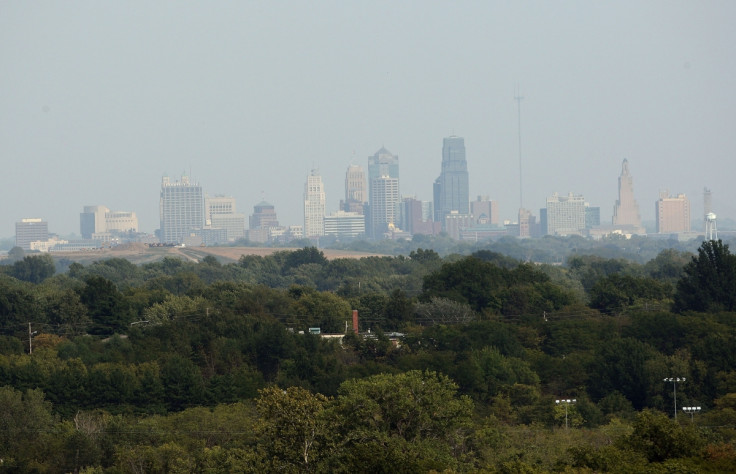The city of the future? Google trials WiFi solution for citywide gigabit connectivity

Google will install antennas on urban infrastructure in Kansas City, Missouri, as it tests new technology that could lead to citywide wireless connectivity. The company has received permission to install aerials on lamp posts, inside buildings and on other structures in the city to see if wireless technology can bring connectivity to urban areas where burying cables is unfeasible.
According to The Kansas City Star, the two-year project will see Google install antennas in eight areas in Kansas City. However, the antennas will operate in a radio spectrum that was recently opened up by the US military, which isn't readily accessible to consumer devices without installing new hardware. This means that, for the time being at least, general internet users won't be able to take advantage of the new connectivity.
Google is said to be reluctant to raise the prospect that residents will constantly find themselves with full bars, adding that it's unclear when citywide wireless access will be available to consumers, of even if the project will work.
However, the initiative is being seen as a way for Google to explore solutions that address rapidly-growing broadband traffic and the increased demand for bandwidth that comes with it. For example, Google wants to explore whether such an approach could support high-bandwidth activities like video streaming and online gaming.
Google says it hopes to have gathered an idea of "what's possible" with the technology by the end of 2017.
In June 2015, Google launched Sidewalk Labs, which offers an incubator for new technologies aimed at boosting urban connectivity.
In a recent interview at The Information's New York Summit on 5 April, Sidewalk Labs CEO Dan Doctoroff suggested that the company was exploring the idea of building a city-wide technology test-bed. However, Doctoroff was referring to reports that Alphabet was exploring the idea of building a city "from scratch", suggesting that Google's Kansas City project is a separate initiative.
© Copyright IBTimes 2025. All rights reserved.






















